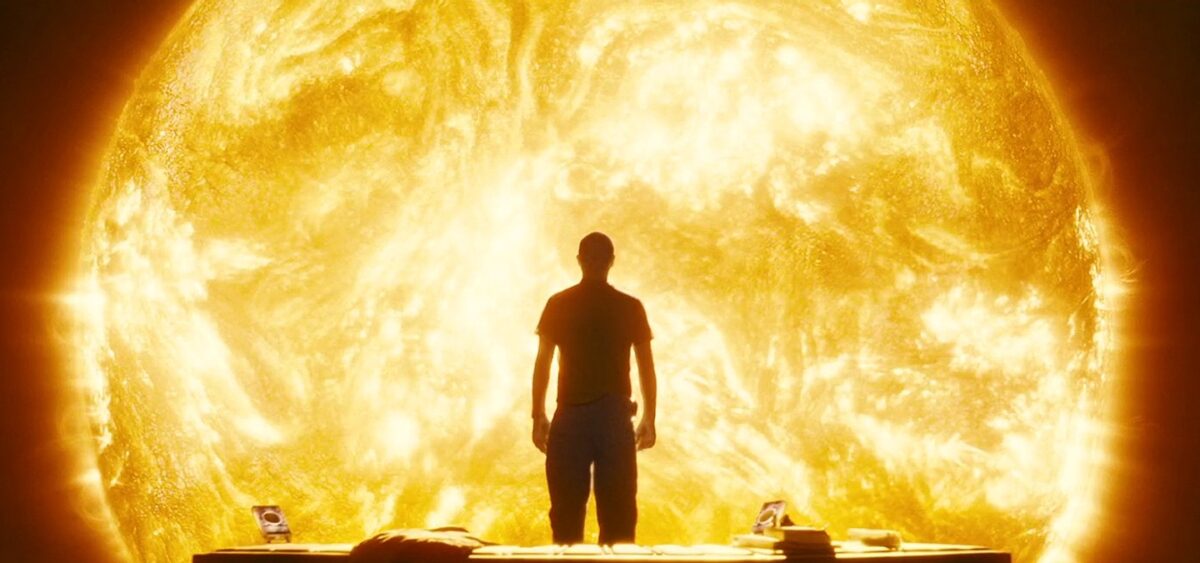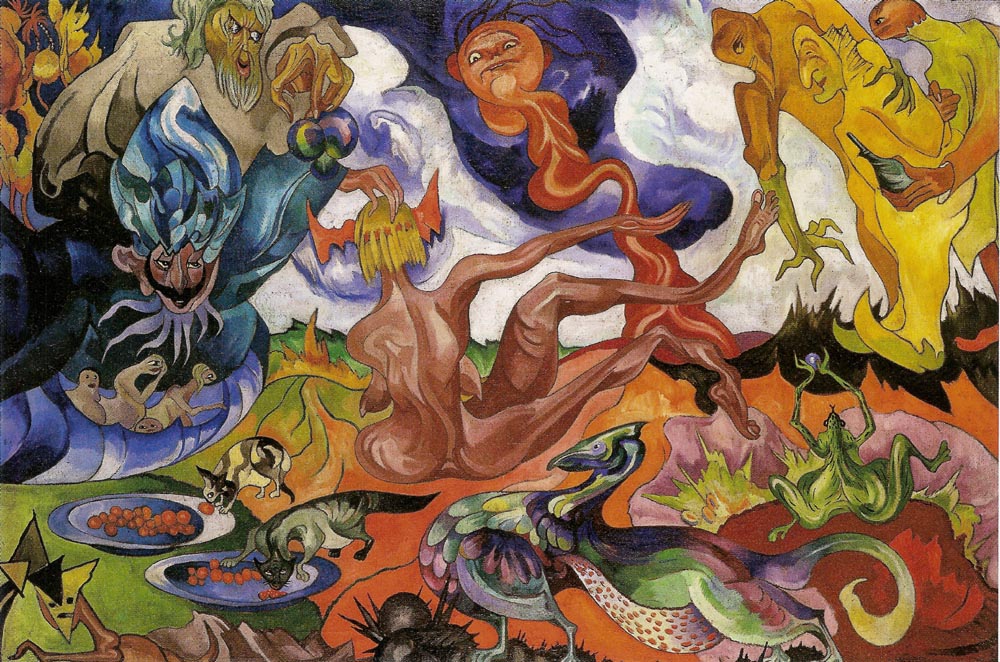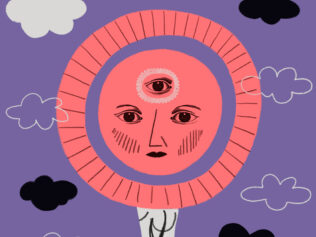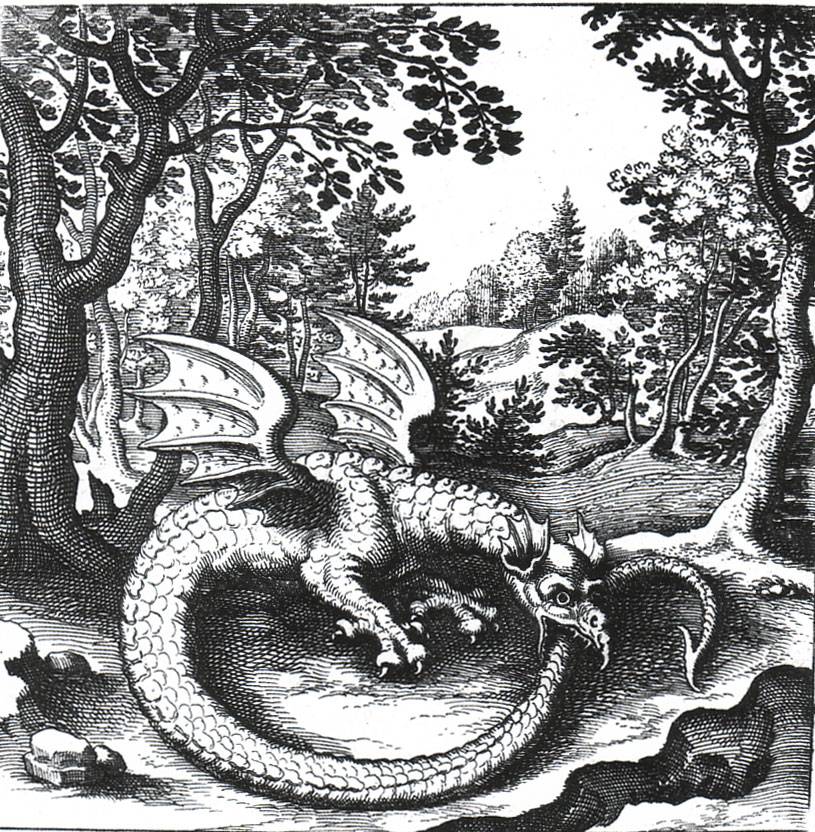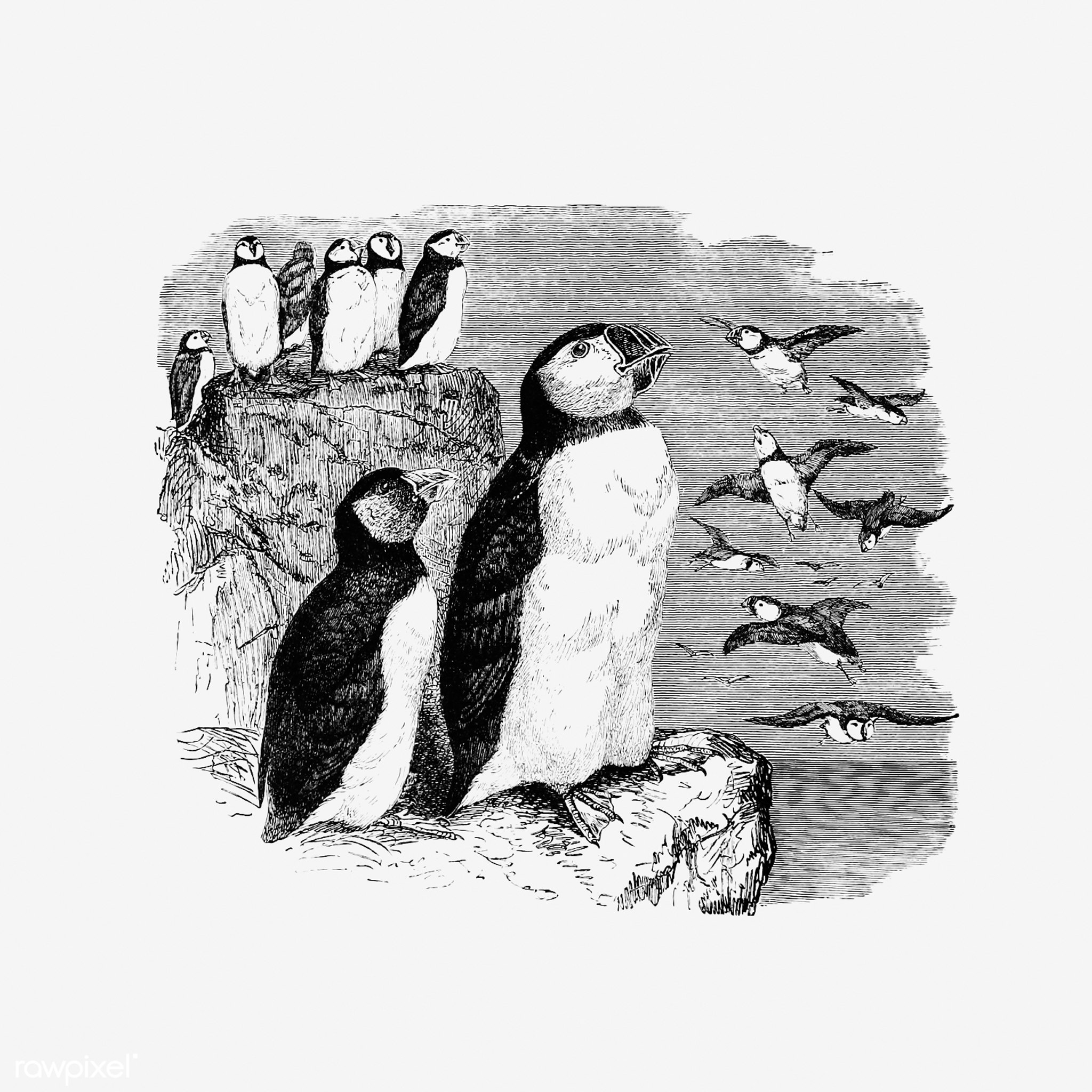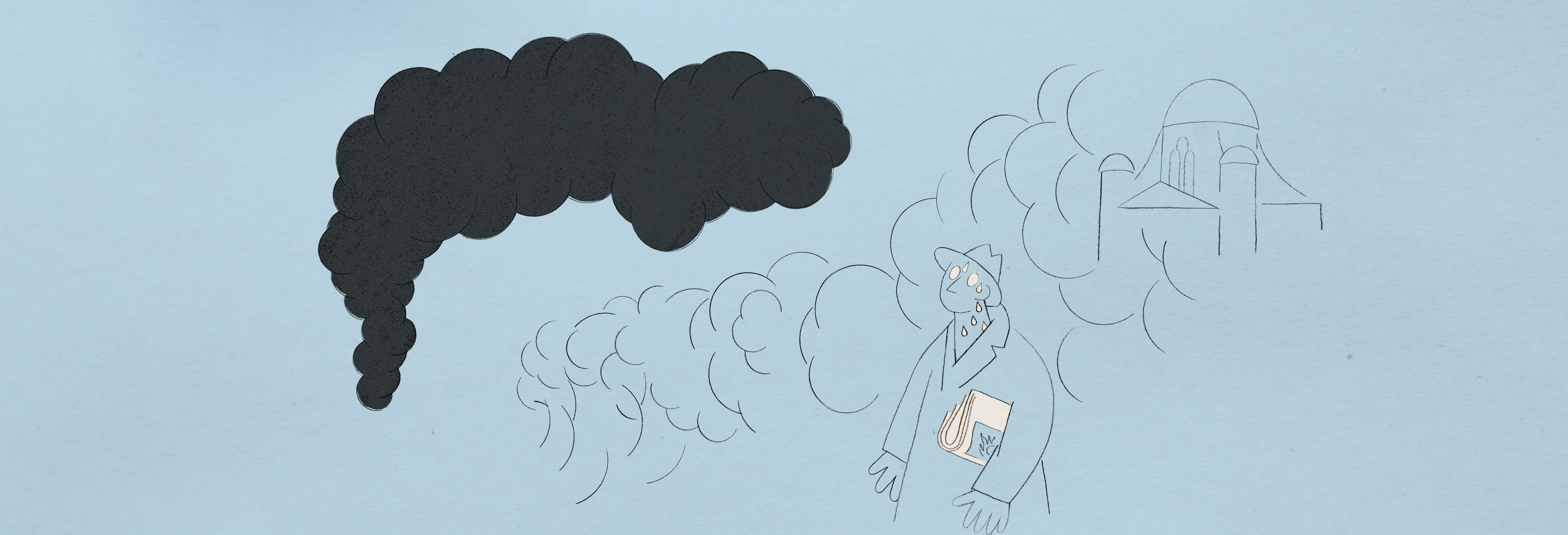
Logic dictates that since the world had a beginning, it will at one point come to an end. And what if that end really was nigh?
It all began with objects – all around the world, people were uncovering things they’d once lost. At first they thought it was at most another mysterious phenomenon too embarrassing to speak of publicly, but then there were more and more of these re-discovered items. People, shyly at first, started to express the satisfaction these discoveries gave them, for instance by sharing them online. And that’s how we found out it was a global phenomenon at work. This took a few weeks.
In my case, I first found my childhood Walkman on a country road. If I’d come across it in the attic, in a forsaken box, it would still fit within the realms of probability. Over the next few days, in equally surprising locations, I found my clown piggy-bank, jangling with now-worthless coins, and a blanket I couldn’t be separated from until a certain time in my life (I’d rather not admit until when exactly).
Scientists immediately tried to explain the phenomenon, but to no avail. There was too much to take into account to build a satisfactory theory; above all, matters were complicated by the object and its significance for the person who found it. Some psychologists claimed we were dealing with some sort of universal, perhaps contagious, mental condition whereby we treated the first decent bit of rubbish we found as a long-lost treasure. It has to be said that from the then prevailing point of view, it was the most sensible hypothesis, except that it didn’t stand up to what happened next.
People started meeting their old pets, often ones that had been dead for a long time. I was woken one morning by my neighbour’s shouting as he saw his beloved tortoise that he used to have in the 1990s on his balcony. Comparative analysis of the tortoise’s head and shell with ones on an old photograph confirmed the creature’s identity. I myself wept like a baby when Nora – the dog who lived in my family home through most of my childhood – ran up to me in the street. Incredibly, she was still carrying a tennis ball in her mouth – exactly like the one I always threw for her when I was a child.
Of course, several absurd conspiracy theories emerged. People suspected that throughout our lives we were being recorded by unknown powers. A universal memory of the human world was allegedly stored somewhere, every detail of our life stories was known, there were recordings of every event, object, interpersonal contact and human-animal contact too. People believed that somewhere there was a giant digital library containing astronomical data about the majority of people, starting from the mid-20th century, and that the content came from hidden cosmic cameras, Dictaphones and so on. And now they were recreating items and cloning animals for the purposes of some unbelievable, world-wide joke. But no-one could provide a convincing answer for who would be behind such an enormous undertaking, and why. In any case, all of these theories were debunked in light of later events.
Because how could you explain the fact that in different parts of the planet, works considered lost forever were rediscovered? In China, someone found the second book of Aristotle’s Poetics, the gnostic Gospel of Basilides was discovered in Spain, and in Nigeria appeared The Messiah, a novel by Bruno Schulz deemed to have been lost. Even the greatest sceptic had to admit that something weird was happening. As a librarian and bibliophile, I mention literary texts because it’s the field I followed most closely, but I know that similar findings were made in other artistic domains.
As regards Schulz: indeed, some people suspected that the Messiah was approaching, especially since all these amazing discoveries were accompanied by rare meteorological events; flora seemed more lush, and species considered extinct appeared on the streets of the world’s major capital cities. There were pictures circulating online of a sabre-toothed tiger strolling around the Galata Tower in Istanbul; personally, I could swear I saw a creature resembling a pterodactyl perched on the linden tree by my window. Let me say at once that these predators didn’t seem aggressive, there was never any news of tragic attacks. As usual, the Americans predominated in creating new religious groups that tried to explain the events unfolding before our eyes with individual sections of the Bible in ever stranger interpretations. In Germany, theology flourished once more.
But the Messiah didn’t come. Some stubbornly claimed that these unusual events didn’t have supernatural causes, but were indeed natural. Cosmologists managed to establish that the world was shrinking: after aeons of spatial expansion, the reverse process had started and was occurring relatively quickly, at some kind of accelerated rate (I admit that I never understood cosmologists very well). But we didn’t feel like things were getting more cramped. It’s true that the moon looked enormous and took up a substantial part of the sky, but the intensity of what was happening seemed more psychological in nature; it seemed like everything now had great significance (highly sensitive people seemed at times to be almost exhausted by the excess stimuli).
The next revelation that shook public opinion was the universal healing of people with disabilities. Anyone who’d once lost a limb, woke up with it back in place; deaf and blind people experienced equally miraculous awakenings, too. At the same time, hospitals became deserted.
I admit that as a book geek I was really taken by the rediscovery of lost works, and in particular The Messiah. Perhaps I became too absorbed in my reading and should have followed events more closely, but sometimes I just couldn’t tear myself away from that Schulz.
I think I only came to after an accidental encounter with a friend from school – let me add, a friend who had died a long time ago. Although he was now an adult, the resemblance left no room for doubt. We had a merry conversation which revealed that he had never died. That’s when I started to contemplate if I wasn’t mentally ill, but to be honest, it was hard for me to believe in it. Does a sick man methodologically consider whether he is sick? Even if I was experiencing hallucinations, everyone around me was experiencing them too. And besides, why would I question the reality of what was happening? I knew well that an illness would be too banal an explanation. It occurred to me, of course, that I might be dying, lying in a coma and these experiences were the last film my consciousness was showing me. Yet with all due respect for the creative talents of the unconscious, it was hard for me to believe that I’d trick myself by making up the lost work of Schulz.
At some point, everyone realized what was happening: the world was ending. There was no catastrophe; it was as if everything was just wrapping up. That’s why things reminded themselves of their existence and returned to their owners. Yet it wasn’t just about going back in time; above all, it was about an overall intensification of meanings. In its creation, the world had splintered from an original whole into an infinite number of parts; now this whole mess was going back home. Plato was right when he said that the cosmos is in love with its creations; after a period of separation, the cosmos (psychocosmos?) was coming back together to give itself one final loving embrace.
No-one was sad, of course. Why would they be? The end of the world didn’t bring anyone any disappointment: no effort, regardless of when it was made, proved to be wasted. It turned out that everyone who was ever born had never died; no object that had once been dear to someone had been lost. All suffering turned out to be a reparable mistake, a film shot that could be rewound and annulled. We didn’t have anything to miss, because everything was here and now, and since yearning is an essential condition for any sadness, there was no sadness.
The behaviour of pessimists was very entertaining. Some of them refused to acknowledge the significance of events until the last moment. For instance, there was a certain French philosopher who said that all of these joyful discoveries had no meaning because they were just further manifestations of nothingness, but he radically changed his mind when he met his father and heard him say the words ‘I love you’ (that was when we all became convinced that psychoanalysis is for real). Another time, upon hearing the slogan ‘the end of the world’, a Romanian thinker tried to hang himself, saying he wanted the end to be his choice, not the decision of the ‘world’ with which he had no intention of identifying. He attempted suicide several times, but each time it didn’t end in death. In the end he gave up – he abandoned his pessimistic doctrine and went out to meet people.
One morning, something happened that had long been written about in global mysticism – a blissful light blazed over the Earth, from which there was no shelter (though in truth no-one really tried to hide from it). I knew well that I had to stop writing; it was actually becoming ever more difficult, above all because my mind was being filled with memories and thoughts that weren’t mine. I struggled to distinguish myself from others (and I don’t just mean humans). I was also experiencing some kind of perceptual disorder: sometimes I thought I was in the desert; then I thought I was standing before some kind of pagoda; at other times I was holding a relic in my hands or lying under water.
But the best proof that I can still single myself out from all this is the fact that I am writing this, and that is a very individual activity. Describing what the end of the world looks like is probably the most stupid task of all though, attesting only to any remaining snippet of the illusion that we have someone to write for. If my text reaches anyone, it’s only because the world has stopped wrapping up or has started expanding again, splintering into objects, events, experiences and memories.
Translated from the Polish by Zosia Krasodomska-Jones


